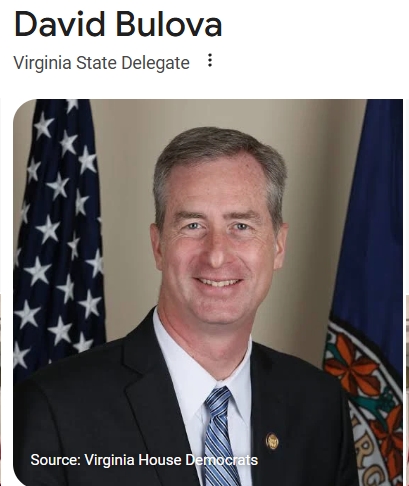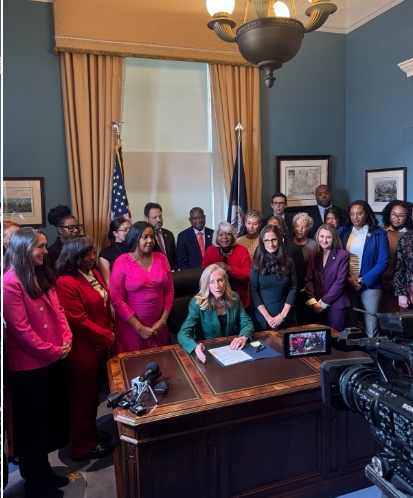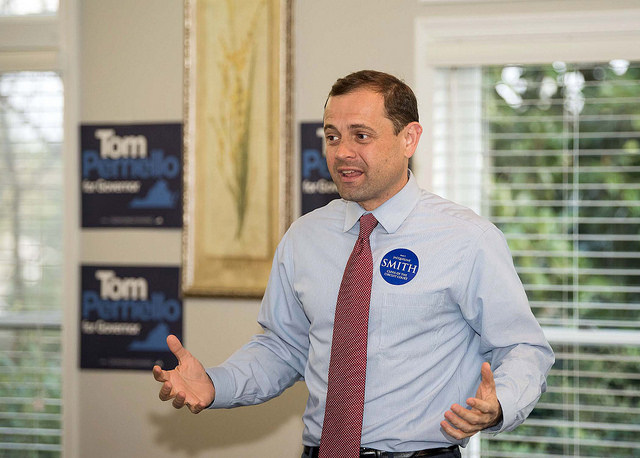From Progress Virginia:
Republicans Say No Abortion, and No Contraception Too
Richmond, Virginia—Republican members of the House Commerce and Energy Subcommittee #4 voted last night to reject HB2089, better known as the Contraceptive Equity Act. The bill would have made it easier for everyone who needs it to access birth control by requiring insurance companies to cover birth control without cost sharing. This is already federal law, but should that ever become endangered, Virginians who need birth control won’t be protected.
“Republicans just said the quiet part out loud: they don’t want you to have access to abortion, but they don’t want you to have access to birth control either. It’s about controlling people’s bodies and reproductive decisions and nothing more,” LaTwyla Mathias, Executive Director of Progress Virginia, said. “Every person should be able to choose whether and when to become a parent, and having easy, affordable access to birth control should be something we can all agree on. We will keep working until every person in Virginia can get the birth control they need when they need it.”
Background:
- The bill will go to the full House Commerce and Energy Committee for a vote, but they almost never overturn the recommendation of a subcommittee. A Senate version of the Contraceptive Equity Act did pass, so the House has one more opportunity to correct its mistake.
- Some of the most cost-efficient contraceptive methods, like IUDs and implants, come with steep up-front costs. Up to 40% of lower-income women in the United States would use a different contraceptive method if cost were not a factor.
- More than 19 million Americans live in contraceptive deserts—regions in which there is a reduced or non-existent access to the full range of healthcare options, including diverse contraceptive methods.
- About 400,000 people in Virginia face barriers to accessing the contraception they need. Given the fact that they live in a contraceptive desert, these individuals, specifically, have to spend more funds on transportation and childcare trying to access it.
- Because of structural and environmental health disparities uniquely impacting Black, Indigenous, and people of color, and gender expansive people, economic and administrative barriers to contraceptive care make treating chronic reproductive health conditions and preventing pregnancy more difficult for Virginians that are already experiencing barriers to care. This includes Virginians living in “contraceptive deserts” or counties without a single health center offering the full range of contraceptive methods.















